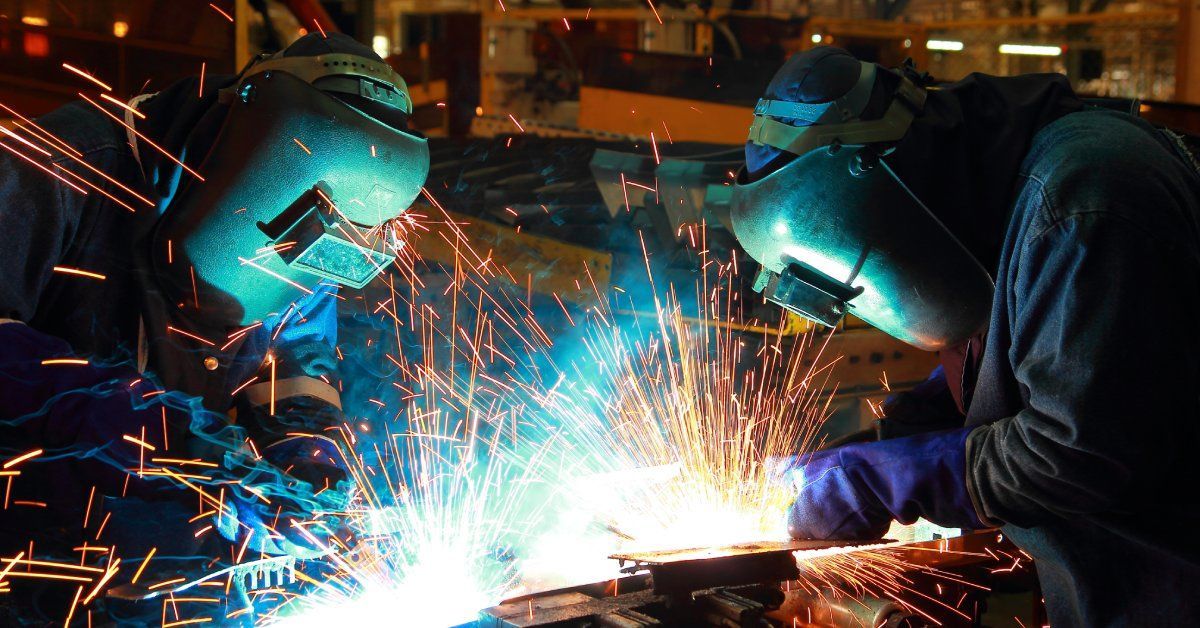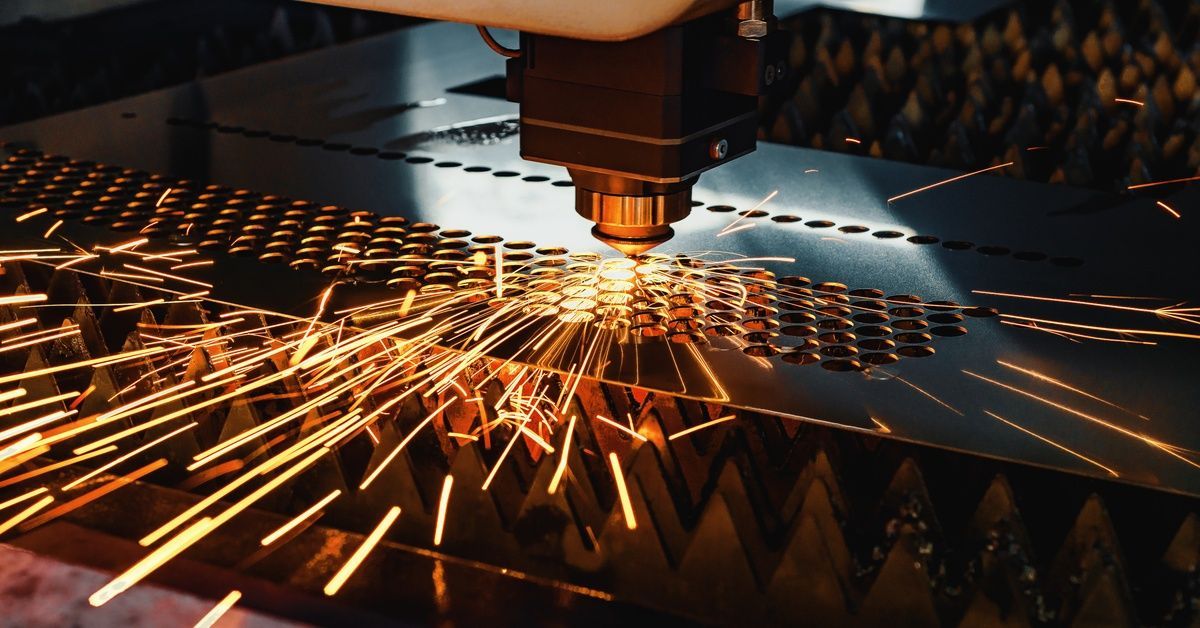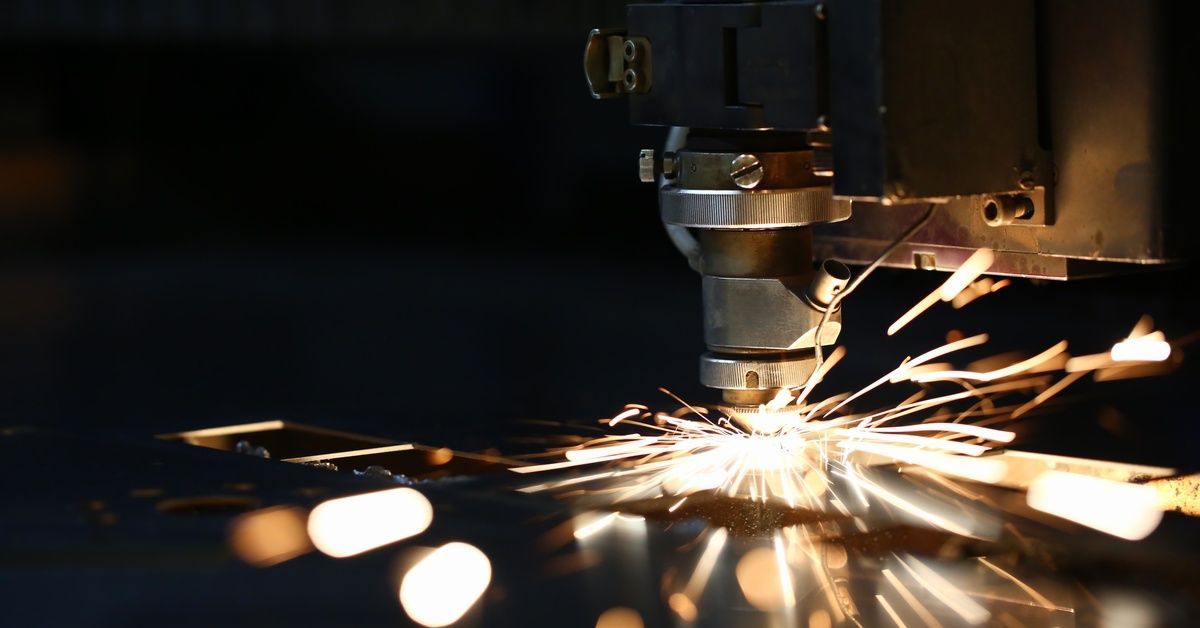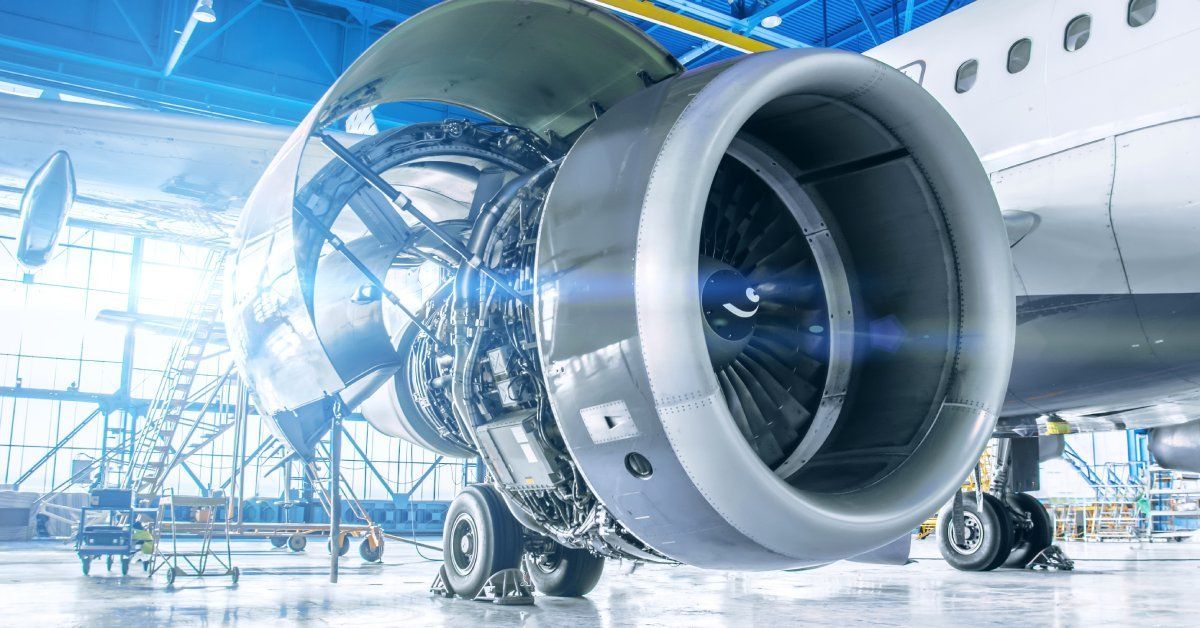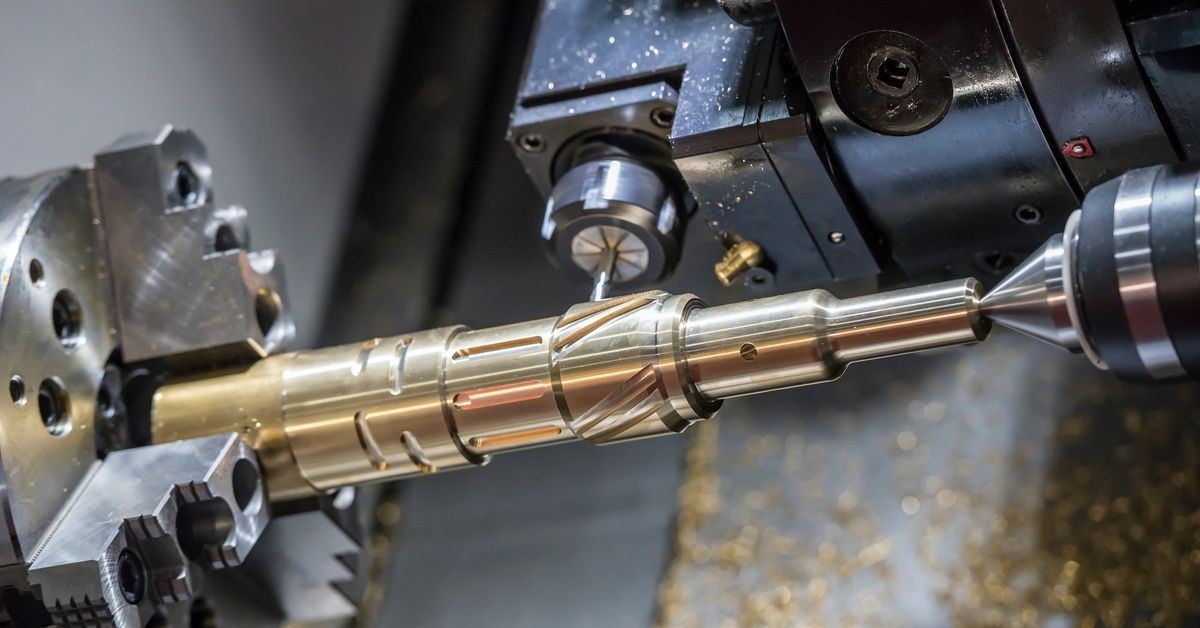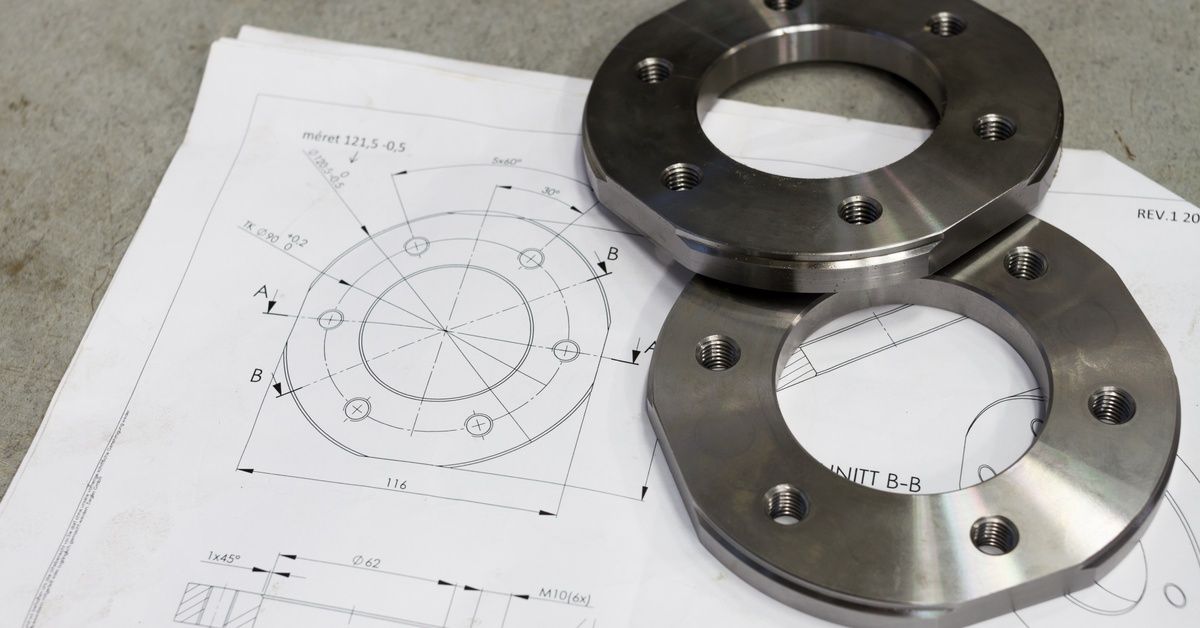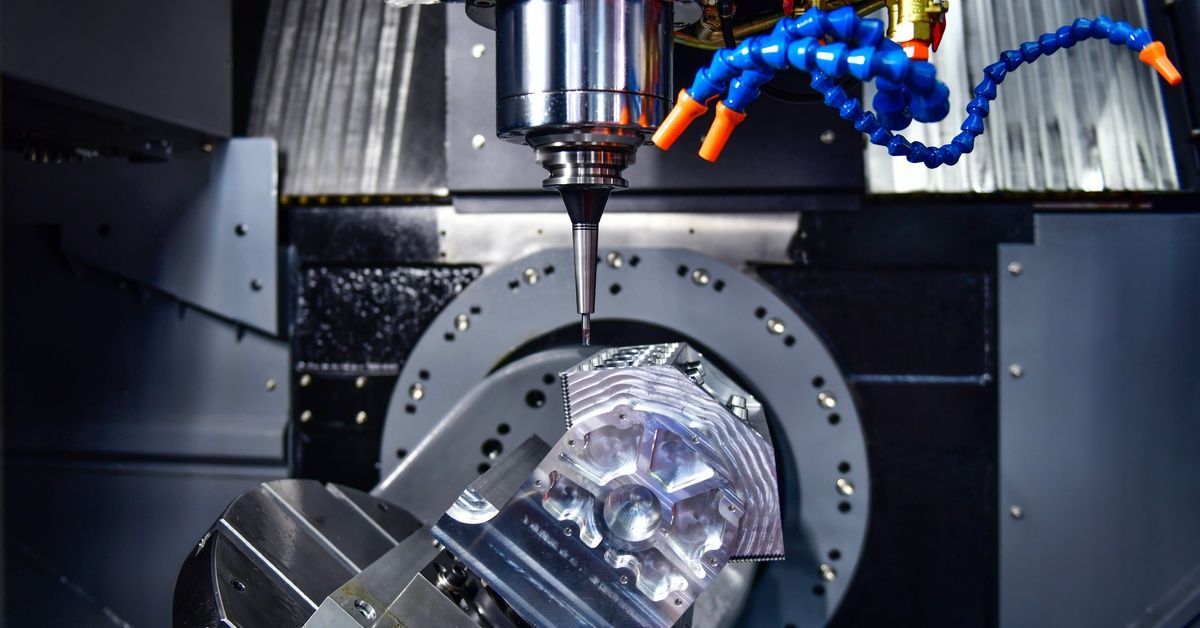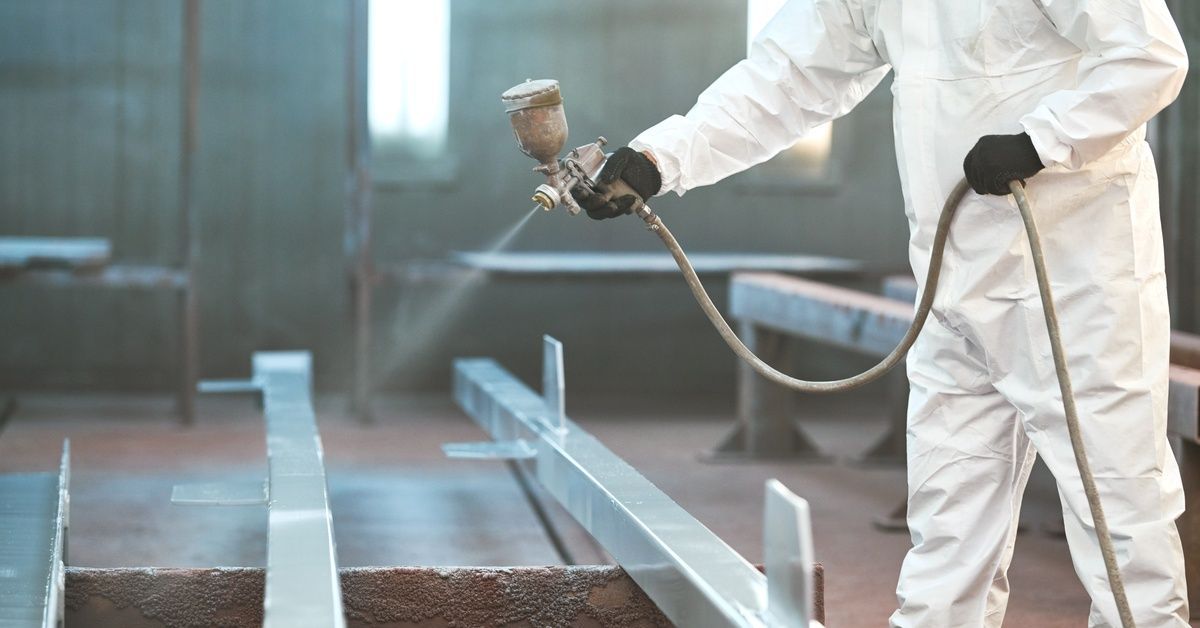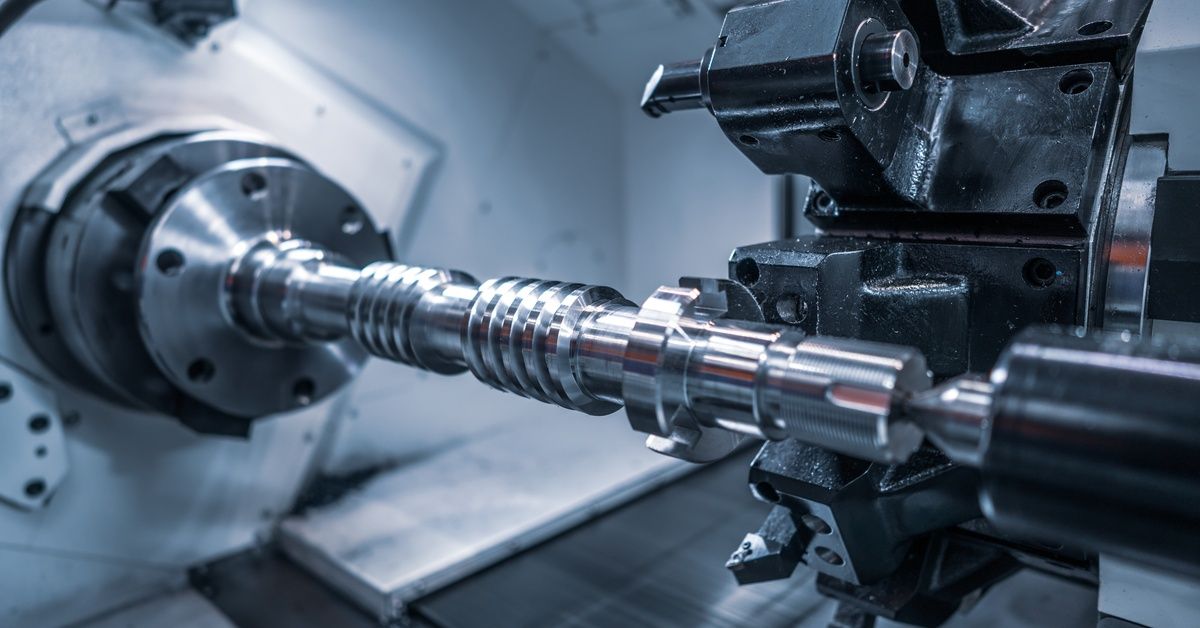Benefits of Custom Metal Fabrication for Your Project
For industrial organizations, custom metal fabrication is a central process that they couldn’t succeed without. Whether you’re working on a large-scale construction project or crafting a bespoke piece of machinery, premanufactured parts often fall short.
Understanding the benefits of custom metal fabrication for your project will help you achieve unparalleled precision, flexibility, and efficiency.
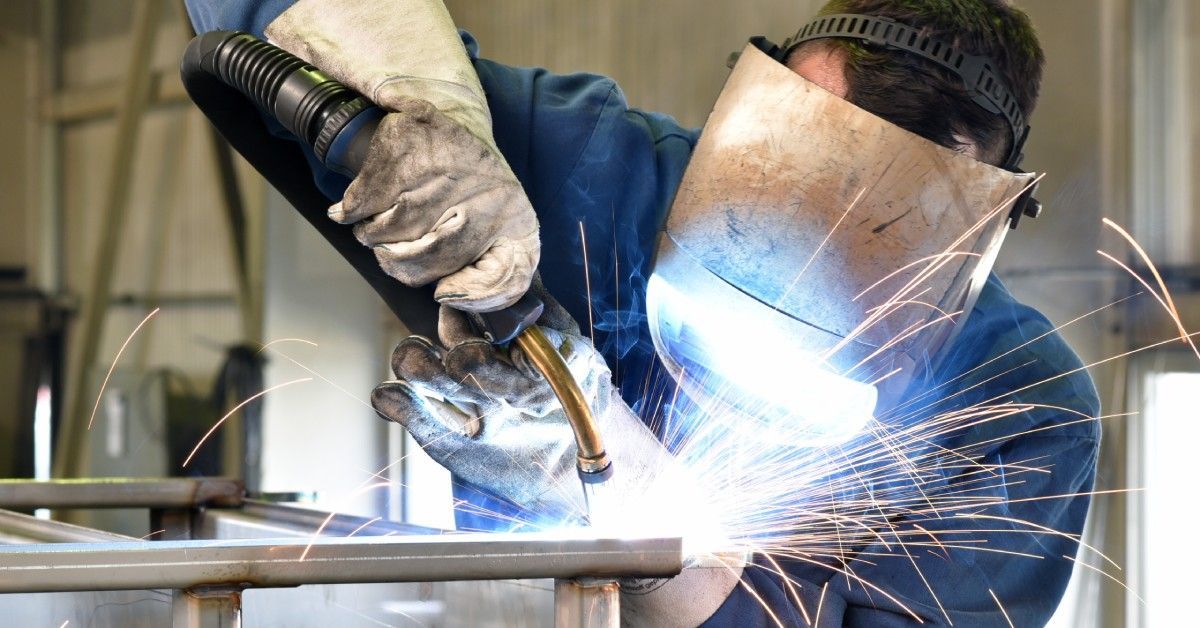
The Advantages of Custom Metal Fabrication
Precision Solutions
One of the most significant advantages of custom metal fabrication is the level of precision it offers. When you choose custom fabrication, you’re getting a solution tailored to the product’s exact specifications. This precision eliminates the need for adjustments and modifications, so the final product integrates seamlessly into your project.
Custom metal fabrication is beneficial to industries where one small detail is the difference between success and failure. By using advanced technologies, such as computer numerical control (CNC) machining, fabricators can achieve tolerances within thousandths of an inch.
Material Selection
Another compelling benefit of this technique is the ability to choose the best materials for your needs. Whether you require stainless steel, aluminum, copper, or specialized alloys, custom fabrication allows you to select materials that offer the right balance of strength, weight, and corrosion resistance.
The materials you choose can greatly affect the longevity and performance of your product. For example, stainless steel is an excellent choice for projects requiring high corrosion resistance, while aluminum is perfect for lightweight applications. Selecting the appropriate material ensures that every custom-fabricated product will withstand the test of time.
Cost-Effectiveness
While custom metal fabrication may seem more expensive initially, it proves to be a cost-effective long-term investment. The precision and quality of custom-fabricated parts result in fewer errors, less waste, and minimal need for rework. These factors contribute to financial savings, making custom fabrication an economically viable option.
Furthermore, custom metal fabrication supports the bulk production of parts, which can further reduce costs. Producing parts tailored to your project’s specifications eliminates the need for additional modifications or adjustments, saving both time and money. The efficiency of custom metal fabrication makes it an attractive option for both small-scale projects and large industrial applications.
Environmental Benefits
There is an increasing demand for sustainability. Custom metal fabrication offers several environmental benefits that support sustainable efforts. One advantage is the reduction of material waste. Since custom fabrication creates each piece to precise measurements, there is minimal scrap material discarded.
Many custom metal fabricators also prioritize using eco-friendly materials and processes. For example, fabricators will incorporate recycled metals that won’t compromise the quality or durability of the final product.
Lastly, advanced fabrication techniques consume less energy. During the production process, this approach will reduce your enterprise’s carbon footprint.
Understanding the Process of Custom Metal Fabrication
Design Phase
During this design stage, engineers and designers work closely with clients to understand the project’s requirements. Using advanced software like computer-aided design (CAD), engineers and designers create detailed blueprints and 3D models of the desired product.
Fabrication Phase
The fabrication phase begins after finalizing the design. It involves cutting, bending, and assembling the metal parts according to the specifications according to the design. Fabricators utilize advanced machinery, such as CNC machines and laser cutters, to conduct precise cuts.
Finishing Phase
The finishing phase is the final step in the custom metal fabrication process. Fabricators apply surface treatments and coatings to enhance the product’s appearance and strength. Common finishing techniques include painting, powder coating, anodizing, and polishing.
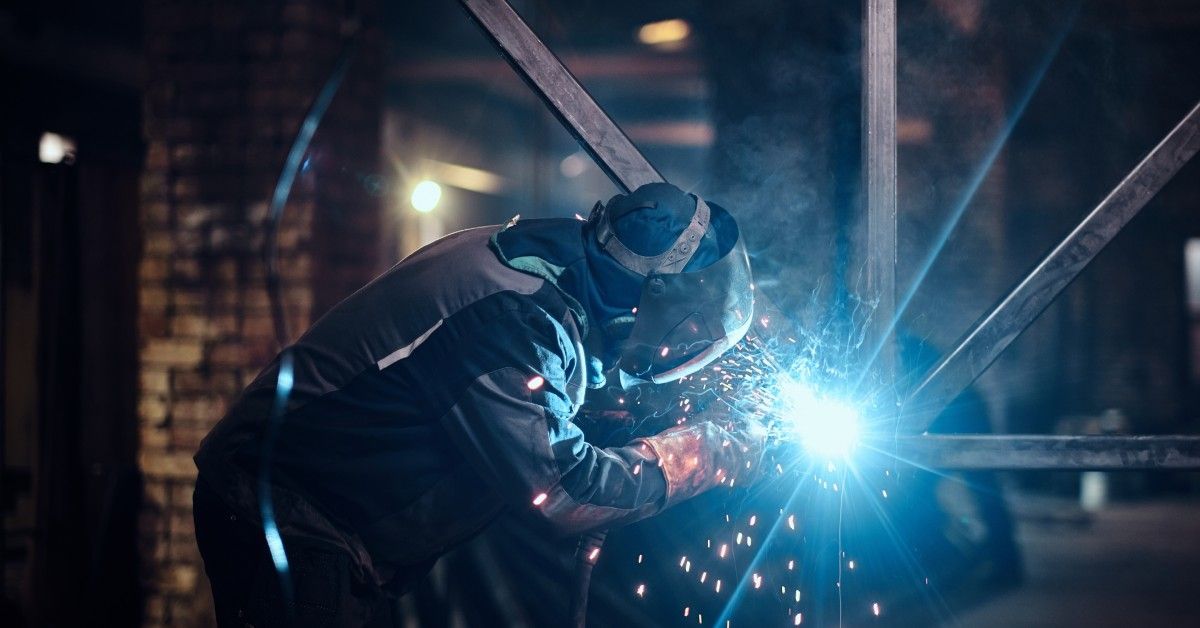
Industries That Benefit From Custom Metal Fabrication
Construction and Architecture
The construction and architecture industries are the primary beneficiaries of custom metal fabrication. From structural components to decorative elements, custom metal parts play a crucial role in building projects of all sizes.
Architects and builders can achieve complex geometries and intricate details that standard premanufactured components cannot provide. This flexibility allows for greater creativity and innovation in architectural design.
Automotive and Aerospace
Precision and performance are paramount in the automotive and aerospace industries. They rely heavily on custom metal fabrication for manufacturing critical components and assemblies.
In the automotive sector, custom metal fabrication can create parts such as chassis, engine components, and exhaust systems. The aerospace industry develops aircraft components using custom fabrication—such as fuselage sections, engine parts, and landing gear—which require exacting tolerances and robust materials.
Manufacturing and Industrial Equipment
Custom-fabricated metal parts accommodate a wide range of applications—from machinery and conveyor systems to tools and fixtures—in the manufacturing and industrial industries. This method can create industrial components such as brackets, enclosures, and frames, which must withstand harsh operating conditions and heavy use. Custom fabrication ensures that these parts meet the highest standards of quality and reliability.
Key Considerations for Choosing a Custom Metal Fabricator
Experience and Expertise
A fabricator with a proven track record and extensive industry knowledge is more likely to deliver high-quality results. Look for a fabricator with experience in projects similar to your expertise. Whether you need components for construction, automotive, aerospace, or industrial applications, a fabricator with a relevant skill set will understand the unique requirements of your project.
Quality Assurance
Quality assurance is a critical consideration when selecting a custom metal fabricator. Ensure that the fabricator has thorough quality control measures in place to guarantee the integrity and performance of the final product.
Next, ask the fabricator about their inspection and testing procedures. Reputable fabricators use advanced techniques—such as non-destructive testing (NDT) and coordinate measuring machines (CMM)—to verify the accuracy and quality of their work. These measures will identify any defects or inconsistencies before delivering the product.
Project Management and Communication
Effective project management and communication are crucial for the success of your project. Choose a fabricator with well-established project management skills and clear communication channels.
A dedicated project manager will oversee the entire fabrication process, from design to delivery. They’ll monitor the project timeline and the budget, so everything stays on track. Then, the fabricator will provide you with regular progress reports to keep you informed throughout the project.
Past Projects and Client Reviews
Before making your final decision, review the fabricator’s portfolio of previous projects and client reviews. Thoroughly examine the examples of previous work to assess the quality and complexity of the projects. Then, look for projects similar to your demands to gauge their ability to skillfully execute your design. Each of these details will provide you with insights into the fabricator’s capabilities, reliability, and customer satisfaction.
Help Your Fabrication Project Reach a Higher Standard
Custom metal fabrication offers a wealth of benefits so your project meets the highest standards of quality and performance. After reading about the benefits of custom metal fabrication for your project, you can make an informed decision when choosing a fabricator partner.
If you’re looking for a custom fabrication shop to partner with, H&H Machine Services is available to assist you with your project. Learn how our services can help you achieve exceptional results!

